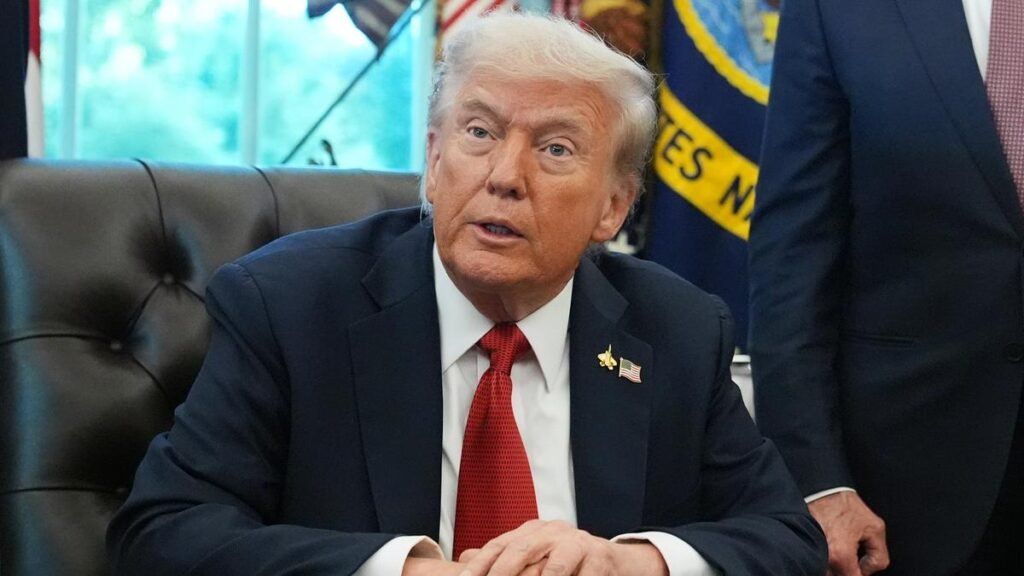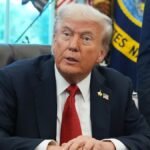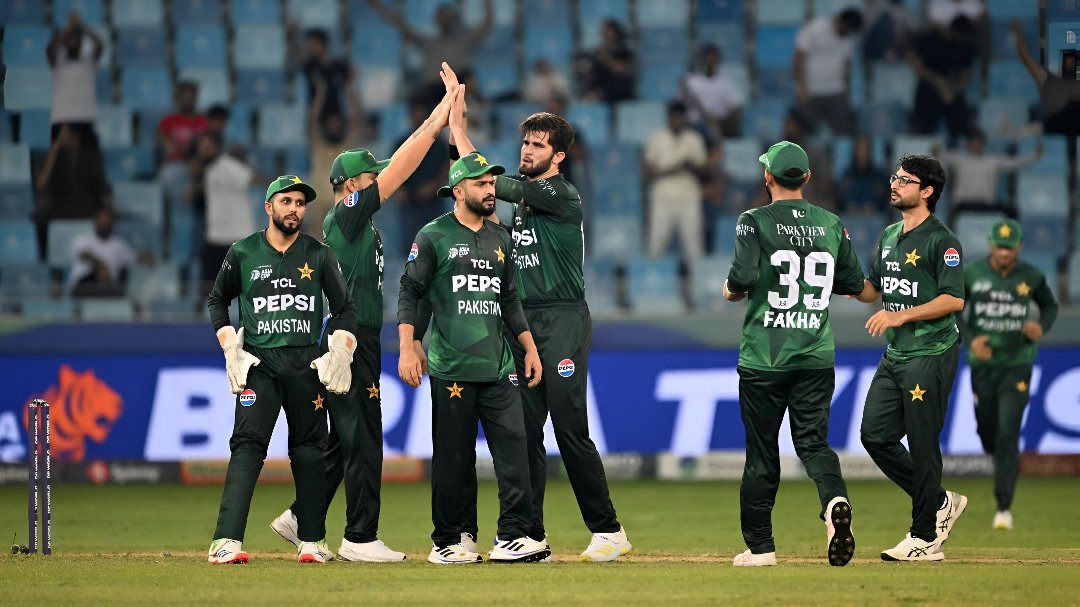In classic Donald Trump fashion, the former U.S. President has once again made headlines with a mix of bravado, diplomacy, and controversy. Speaking to reporters aboard Air Force One en route to a Middle East peace summit, Trump claimed that his threat of “200% tariffs” was what stopped the military conflict between India and Pakistan earlier this year, a claim both nations have firmly denied.
As the world waits for a potential Gaza ceasefire, Trump’s remarks have reignited debate about his self-professed role as a global peacemaker. “This will be my eighth war that I have solved,” he declared, referring to the truce expected between Israel and Hamas. “And I hear there’s a war now going on between Pakistan and Afghanistan. I said it’ll have to wait till I get back… I’m good at solving wars.”
It’s a statement that feels equal parts characteristic and confounding, with equal measures of showmanship and self-belief. But underneath the headlines, it also paints a telling picture of how Trump continues to view diplomacy: not through the lens of quiet negotiation, but through deals, pressure, and leverage.

The Tariff Threat That “Solved” a War
According to Trump, it wasn’t back-channel diplomacy or international mediation that halted the conflict between India and Pakistan during Operation Sindoor earlier this year. Instead, it was a threat, a steep one.
“I said, if you guys want to fight a war and you have nuclear weapons, I’m going to put big tariffs on you both—100percent, 150 percent, 200 percent,” Trump told reporters. “I said I am putting tariffs. I had that thing settled in 24 hours.”
The former president credited this hardball trade approach as the key to stopping what could have been a devastating escalation between the two nuclear-armed neighbors. “If I didn’t have tariffs,” he added, “you could have never settled that war.”
However, both New Delhi and Islamabad have repeatedly denied any American role in brokering the truce. India’s Ministry of External Affairs maintains that the ceasefire decision was reached directly between military leaders of both nations without any external mediation. Officials have described Trump’s claims as “completely unfounded” and “a mischaracterization of events.”
Yet, the narrative fits neatly into Trump’s long-standing belief that economic might equals diplomatic strength. For him, trade tools like tariffs are not just about money; they’re instruments of global influence, bargaining chips in an era where “peace through pressure” defines his foreign policy philosophy.
From Gaza to Kabul: “ I’m Good at Solving Wars”
Trump’s comments weren’t limited to South Asia. He also alluded to the ongoing Gaza ceasefire talks, claiming it would mark the eighth global conflict he has successfully resolved. He framed it as part of a personal mission, a record of peace deals achieved through unconventional methods.
“This will be my eighth war that I have solved,” he said. “And I hear there is a war now going on between Pakistan and Afghanistan… I said, It’ll have to wait till I get back.”
While critics often point to his tendency to exaggerate achievements, there’s no denying Trump’s skill in commanding attention and shaping narratives. His confidence, or overconfidence, depending on whom you ask, fuels his brand as a “deal-maker” who sees diplomacy not as a web of subtle relationships but as a negotiation table where everyone has a price.
The Nobel Prize Angle
In true Trump fashion, no conversation about global achievements is complete without mentioning the Nobel Peace Prize. Despite having been nominated multiple times, he has yet to win something that clearly still irks him.
“Think about some of the wars that were going on for years,” Trump said. “We had one going for 31, one going for 32, and one going for 37 years… I got every one of those done, for the most part, within a day. It’s pretty good… I saved millions of lives.”
Then, with a hint of self-awareness, he addressed the snub:
“In all fairness to the Nobel committee, it was for 2024. But there are those who say you could make an exception because a lot of things happened during 2025 that are done and complete and great. But I didn’t do this for the Nobel. I did this to save lives.”
It’s vintage Trump—half boast, half deflection—positioning himself as the misunderstood hero who saves the world, one tariff at a time.
Between Truth and Theater
Whether or not tariffs ended the India-Pakistan standoff, one thing is clear: Trump continues to see foreign policy as an extension of deal-making. His version of peacemaking is transactional, fast, and, above all, headline-worthy.
In an era where diplomacy too often takes place in secret, Trump’s blunt, public style is disruptive and, at times, strangely invigorating. It’s a diplomacy of performance that is brazen, bombastic, and uniquely Trump.
But while he may claim to have “settled it in 24 hours,” the real world is rarely that simple. For India and Pakistan and for the world watching, the difference between rhetoric and reality remains as vast as ever.







